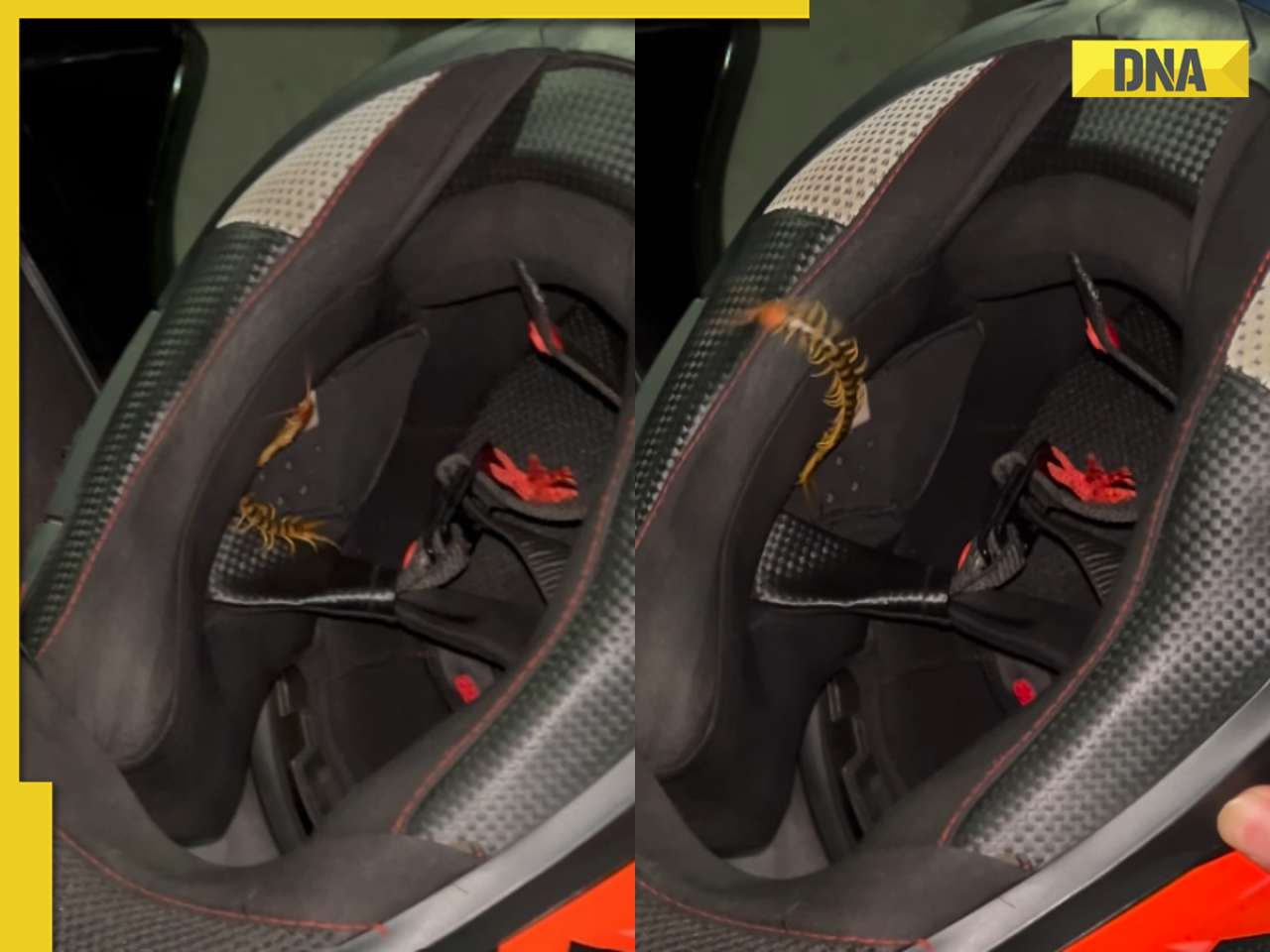The third annual Oculus conference saw the pioneering virtual reality company present a vision for its own future in the face of competition from Google Daydream, PlayStation VR and the HTC Vive.
Facebook CEO Mark Zuckerberg appeared on stage at the October 6th Oculus 3 conference to demonstrate the latest prototype of a virtual reality video calling app for his social network.
The app is a socially-oriented aspect of Oculus' future, the company which once led modern VR. Even now, with March'sOculus Rift at $599, it finds itself in an increasingly competitive environment.
Korean manufacturer HTC partnered with PC gaming giant Steam to produce April's top-end, $799 HTC Vive, which offers superior technology for room-scale tracking.
And Sony is preparing its PlayStation VRfor an October 13 launch. It's not as sophisticated as either Oculus nor Vive and uses six-year-old PlayStation Move controllers, but only needs a PS4 Camera, a PlayStation 4 ($299, or a $399 PS4 Pro) and someone to plug them all in. It's $399 for the headset or $499 with two Moves and the camera.
Even more accessible are two caddies for high-spec mobile phones. At $99 (or $59 for the 2015 edition), the Samsung Gear VR works with Samsung's Galaxy Note 5 and devices in the Galaxy S6 and Galaxy S7 lines; Google's new $79 Daydream View is due November for new Google Pixel phones ($649 and up) as well as equivalent tier handsets from other manufacturers.
How will Oculus compete with both the Vive and Daydream?
First, technical advances mean that the original Rift will soon run on less powerful, more affordable computers. Oculus is partnering with Cyberpower PC on a machine whose $499 retail price is half that of the commonly estimated $1,000 VR-ready PC.
It's a big breakthrough considering that a pair of Oculus Touch controllers (announced for December at $99) and a second Oculus camera ($79) for room-scale VR would otherwise push the complete Oculus package past Vive's asking price.
Secondly, wireless, room-scale VR will be standard on a new Rift that is currently in development. Packing miniaturized computer hardware onto the headset's rear means that there'll be no trailing cables in sight.
There's no date and no price as of yet but, shown to select attendees at Oculus 3, the "Santa Cruz" prototype represents a step change in high-end consumer VR, with the potential of coupling the performance of a home system with the mobility of a handset-driven set up.
![submenu-img]() MS Dhoni celebrates 43rd birthday with Salman Khan, gets video-call surprise from CSK captain
MS Dhoni celebrates 43rd birthday with Salman Khan, gets video-call surprise from CSK captain![submenu-img]() Watch: Jasprit Bumrah receives warm welcome in Ahmedabad following T20 World Cup win
Watch: Jasprit Bumrah receives warm welcome in Ahmedabad following T20 World Cup win![submenu-img]() Elvish Yadav trolled for demanding Armaan Malik's eviction for slapping Vishal Pandey in BBOTT 3 'You support him..'
Elvish Yadav trolled for demanding Armaan Malik's eviction for slapping Vishal Pandey in BBOTT 3 'You support him..'![submenu-img]() Mahabharat's Lord Krishna aka Nitish Bhardwaj lauds Kalki 2898 AD for 'clever use' of mythology: 'Hindi producers...'
Mahabharat's Lord Krishna aka Nitish Bhardwaj lauds Kalki 2898 AD for 'clever use' of mythology: 'Hindi producers...'![submenu-img]() NTA to conduct retest for CUET-UG candidates from July 15 if...
NTA to conduct retest for CUET-UG candidates from July 15 if...![submenu-img]() NTA to conduct retest for CUET-UG candidates from July 15 if...
NTA to conduct retest for CUET-UG candidates from July 15 if...![submenu-img]() Meet woman who left high-paying job, took 6 years to crack UPSC exam, got AIR 11, but still didn’t become IAS due to…
Meet woman who left high-paying job, took 6 years to crack UPSC exam, got AIR 11, but still didn’t become IAS due to…![submenu-img]() CUET UG answer key 2024 released, direct link here
CUET UG answer key 2024 released, direct link here![submenu-img]() Meet IAS officer, who left high-paying job, had to quit NDA due to depression, cracked UPSC exam, secured AIR...
Meet IAS officer, who left high-paying job, had to quit NDA due to depression, cracked UPSC exam, secured AIR...![submenu-img]() Meet IAS officer, who did BTech, MBA, MA, comes from a family of civil servants, cracked UPSC exam, secured AIR...
Meet IAS officer, who did BTech, MBA, MA, comes from a family of civil servants, cracked UPSC exam, secured AIR...![submenu-img]() Assam: Body Of 8-Year-Old Guwahati Boy Fell Into Drain Recovered After 3 Days, Parents Identify Body
Assam: Body Of 8-Year-Old Guwahati Boy Fell Into Drain Recovered After 3 Days, Parents Identify Body![submenu-img]() Hathras Stampede Case: STF Arrests Bhole Baba's Servant Ramladait
Hathras Stampede Case: STF Arrests Bhole Baba's Servant Ramladait![submenu-img]() BSP Tamil Nadu Chief K Armstrong Hacked To Death: 8 Suspects Arrested In Chennai
BSP Tamil Nadu Chief K Armstrong Hacked To Death: 8 Suspects Arrested In Chennai![submenu-img]() Days After Hathras Stampede Tragedy, An On-Camera Statement From Bhole Baba, Says 'Deeply Saddened…'
Days After Hathras Stampede Tragedy, An On-Camera Statement From Bhole Baba, Says 'Deeply Saddened…'![submenu-img]() UK PM Rishi Sunak Resigns, Concedes Defeat To Keir Starmer In UK Polls As Labour Wins Over 300 Seats
UK PM Rishi Sunak Resigns, Concedes Defeat To Keir Starmer In UK Polls As Labour Wins Over 300 Seats![submenu-img]() DNA Verified: Did Kangana Ranaut party with gangster Abu Salem? Actress reveals who's with her in viral photo
DNA Verified: Did Kangana Ranaut party with gangster Abu Salem? Actress reveals who's with her in viral photo![submenu-img]() DNA Verified: New Delhi Railway Station to be closed for 4 years? Know the truth here
DNA Verified: New Delhi Railway Station to be closed for 4 years? Know the truth here![submenu-img]() DNA Verified: Did RSS chief Mohan Bhagwat praise Congress during Lok Sabha Elections 2024? Know the truth here
DNA Verified: Did RSS chief Mohan Bhagwat praise Congress during Lok Sabha Elections 2024? Know the truth here![submenu-img]() DNA Verified: Is CAA an anti-Muslim law? Centre terms news report as 'misleading'
DNA Verified: Is CAA an anti-Muslim law? Centre terms news report as 'misleading'![submenu-img]() DNA Verified: Lok Sabha Elections 2024 to be held on April 19? Know truth behind viral message
DNA Verified: Lok Sabha Elections 2024 to be held on April 19? Know truth behind viral message![submenu-img]() In pics: Vicky Kaushal, Ammy Virk teach Anil Kapoor steps of Tauba Tauba as they promote Bad Newz on Bigg Boss OTT 3
In pics: Vicky Kaushal, Ammy Virk teach Anil Kapoor steps of Tauba Tauba as they promote Bad Newz on Bigg Boss OTT 3![submenu-img]() From Armaan Malik to Sidharth Shukla: 6 Bigg Boss contestants who lost their cool, went violent
From Armaan Malik to Sidharth Shukla: 6 Bigg Boss contestants who lost their cool, went violent![submenu-img]() 'Maa started crying when...': Sonakshi Sinha misses her family, pens emotional note
'Maa started crying when...': Sonakshi Sinha misses her family, pens emotional note![submenu-img]() Streaming This Week: Mirzapur season 3, Srikanth, Garudan, latest OTT releases to binge-watch
Streaming This Week: Mirzapur season 3, Srikanth, Garudan, latest OTT releases to binge-watch![submenu-img]() Remember Parzaan Dastur? Cute Sikh kid from Shah Rukh Khan's Kuch Kuch Hota Hai, 'Jalebi boy', who now works as...
Remember Parzaan Dastur? Cute Sikh kid from Shah Rukh Khan's Kuch Kuch Hota Hai, 'Jalebi boy', who now works as...![submenu-img]() Centre initiates disciplinary action against top Bengal cops for 'maligning' Raj Bhavan
Centre initiates disciplinary action against top Bengal cops for 'maligning' Raj Bhavan![submenu-img]() FIR against TMC MP Mahua Moitra for 'derogatory' social media post on...
FIR against TMC MP Mahua Moitra for 'derogatory' social media post on...![submenu-img]() Mumbai BMW crash: Accused's father taken into custody, CM Shinde assures justice
Mumbai BMW crash: Accused's father taken into custody, CM Shinde assures justice![submenu-img]() Meet man, who once worked as mechanic, later cracked UPSC exam to become IAS officer, secured AIR...
Meet man, who once worked as mechanic, later cracked UPSC exam to become IAS officer, secured AIR...![submenu-img]() Weather Forecast: IMD issues 'red' alert for heavy rainfall in Uttarakhand, check forecast for other states
Weather Forecast: IMD issues 'red' alert for heavy rainfall in Uttarakhand, check forecast for other states![submenu-img]() Lok Sabha Speaker's Election: What does the Constitution say?
Lok Sabha Speaker's Election: What does the Constitution say?![submenu-img]() Explained: Why is Kerala demanding to change its name to Keralam?
Explained: Why is Kerala demanding to change its name to Keralam?![submenu-img]() DNA Explainer: What is Kafala system that is prevalent in gulf countries? Why is it considered extremely brutal?
DNA Explainer: What is Kafala system that is prevalent in gulf countries? Why is it considered extremely brutal? ![submenu-img]() Lok Sabha Elections 2024: What are exit polls? When and how are they conducted?
Lok Sabha Elections 2024: What are exit polls? When and how are they conducted?![submenu-img]() DNA Explainer: Why was Iranian president Ebrahim Raisi seen as possible successor to Ayatollah Khamenei?
DNA Explainer: Why was Iranian president Ebrahim Raisi seen as possible successor to Ayatollah Khamenei?![submenu-img]() Elvish Yadav trolled for demanding Armaan Malik's eviction for slapping Vishal Pandey in BBOTT 3 'You support him..'
Elvish Yadav trolled for demanding Armaan Malik's eviction for slapping Vishal Pandey in BBOTT 3 'You support him..'![submenu-img]() Mahabharat's Lord Krishna aka Nitish Bhardwaj lauds Kalki 2898 AD for 'clever use' of mythology: 'Hindi producers...'
Mahabharat's Lord Krishna aka Nitish Bhardwaj lauds Kalki 2898 AD for 'clever use' of mythology: 'Hindi producers...'![submenu-img]() TMKOC's Gurucharan Singh makes first appearance in Mumbai after went missing, talks about unpaid dues: 'Mujhe puchna..'
TMKOC's Gurucharan Singh makes first appearance in Mumbai after went missing, talks about unpaid dues: 'Mujhe puchna..'![submenu-img]() Manushi Chhillar-Veer Pahariya fuel dating rumours as they dance together at Anant Ambani-Radhika Merchant's sangeet
Manushi Chhillar-Veer Pahariya fuel dating rumours as they dance together at Anant Ambani-Radhika Merchant's sangeet![submenu-img]() The Liver Doc slams Samantha's 'peddling fraud' doctors who are using her, 'misleading' people: 'My aim was..'
The Liver Doc slams Samantha's 'peddling fraud' doctors who are using her, 'misleading' people: 'My aim was..'![submenu-img]() Anant Ambani-Radhika Merchant Wedding: Nita Ambani steals the spotlight in this unique Mickey Mouse necklace
Anant Ambani-Radhika Merchant Wedding: Nita Ambani steals the spotlight in this unique Mickey Mouse necklace![submenu-img]() Viral video: Man finds giant centipede in bike helmet, internet is shivering
Viral video: Man finds giant centipede in bike helmet, internet is shivering![submenu-img]() Meet woman who takes Rs 5800000 per month to raise her own child, her husband is...
Meet woman who takes Rs 5800000 per month to raise her own child, her husband is...![submenu-img]() 'Reason for flights getting delayed': IndiGo passenger makes dance reel during flight, video goes viral
'Reason for flights getting delayed': IndiGo passenger makes dance reel during flight, video goes viral![submenu-img]() Woman swims with tiger in viral video, internet stunned by unlikely friendship
Woman swims with tiger in viral video, internet stunned by unlikely friendship
















































)

















)
)
)
)
)
)